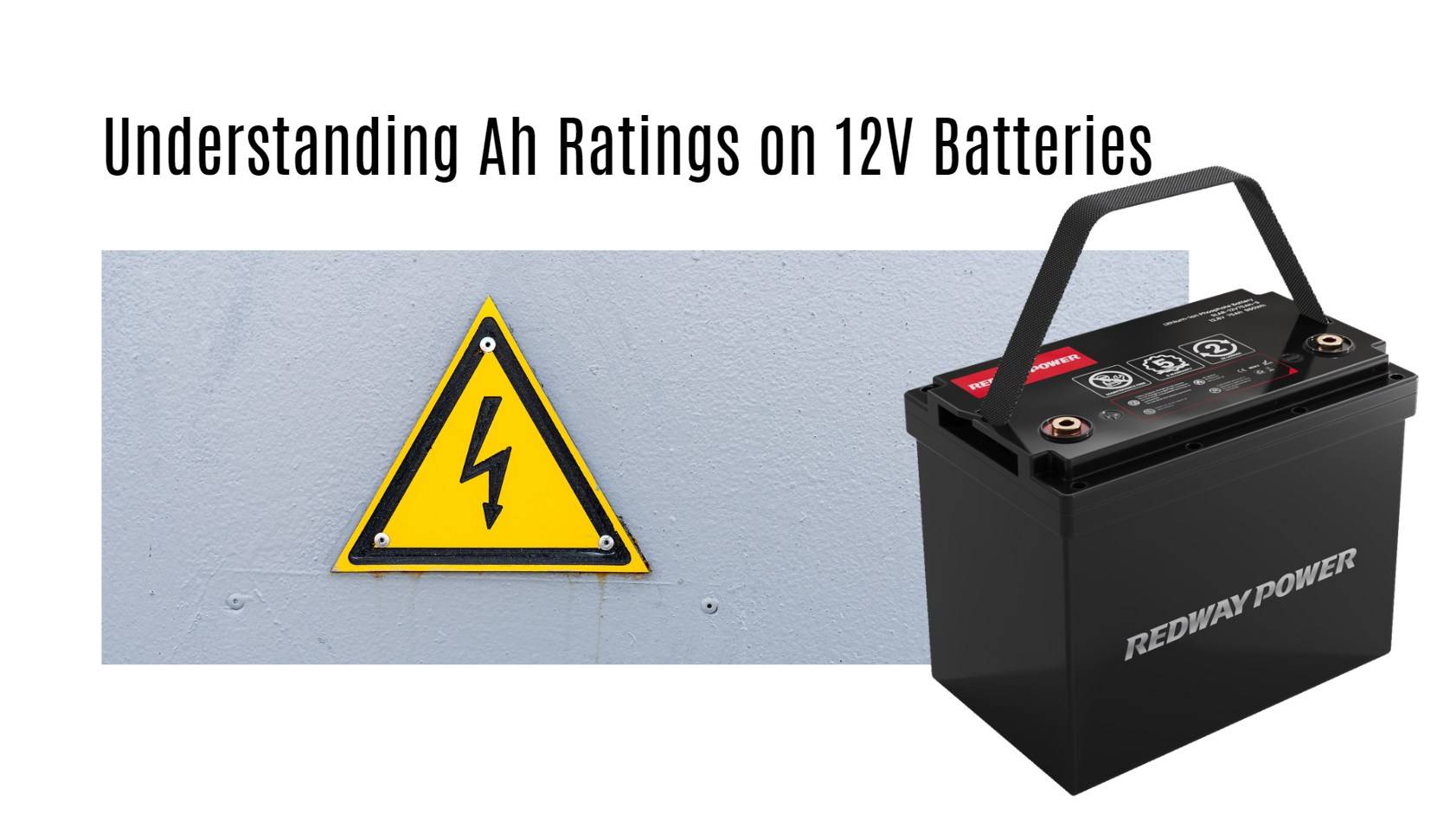Amp hour (Ah) ratings are crucial for understanding how long a 12 volt battery can power a device. A higher Ah rating indicates a battery can deliver more current over time, making it essential for applications like electric vehicles, solar systems, and backup power supplies. Understanding these ratings helps you choose the right battery for your needs.
What Are Amp Hours (Ah) and Why Are They Important?
Amp hours (Ah) measure a battery’s capacity to deliver current over time. Specifically, one amp hour represents the ability to provide one amp of current for one hour. For example, a 100Ah battery can supply 100 amps for one hour or 10 amps for 10 hours. This rating is vital because it helps users gauge how long their devices will run before needing a recharge.
| Capacity (Ah) | Current Draw (A) | Runtime (Hours) |
|---|---|---|
| 100 | 10 | 10 |
| 100 | 20 | 5 |
| 100 | 50 | 2 |
How Do You Determine the Ah Rating of a 12 Volt Battery?
To determine the Ah rating of a battery, check the specifications provided by the manufacturer. The rating is typically printed on the battery label or included in product documentation. If not available, you can estimate it using Cold Cranking Amps (CCA) by dividing CCA by 7.25. For example, if a battery has 650 CCA, its approximate Ah rating would be:
| CCA Rating | Estimated Ah Rating |
|---|---|
| 600 | ~83 |
| 650 | ~90 |
| 800 | ~110 |
What Is the Difference Between Amp Hours and Cold Cranking Amps?
Amp hours (Ah) and Cold Cranking Amps (CCA) serve different purposes:
- Amp Hours (Ah): Measures how long a battery can supply a specific current.
- Cold Cranking Amps (CCA): Indicates how much current a battery can deliver at 0°F for 30 seconds without dropping below a specified voltage.
While Ah is crucial for applications requiring sustained power, CCA is essential for starting engines in cold weather conditions.
| Measurement Type | Purpose |
|---|---|
| Amp Hours (Ah) | Duration of power supply |
| Cold Cranking Amps | Starting power in cold temperatures |
How Do Amp Hours Affect Battery Performance?
The Ah rating directly impacts how long equipment can run on battery power. A higher Ah rating means longer usage times, which is especially important for devices like electric vehicles or solar energy systems that require sustained energy output. However, it’s essential to match the battery’s capacity with the device’s energy consumption to avoid premature depletion.
What Factors Influence the Ah Rating of a Battery?
Several factors affect a battery’s Ah rating:
- Battery Chemistry: Lithium-ion batteries typically have higher capacities than lead-acid batteries.
- Temperature: Extreme temperatures can reduce effective capacity.
- Discharge Rate: Higher discharge rates can lead to reduced capacity due to heat generation.
- Age and Condition: Older batteries may have diminished capacities due to wear.
Understanding these factors helps users select appropriate batteries based on their specific needs.
How Can You Compare Different Battery Models Based on Ah Ratings?
When comparing batteries, consider both the Ah rating and other specifications like voltage and discharge rates. Look for batteries with similar voltages but varying Ah ratings to find one that meets your runtime requirements without exceeding your budget or space constraints.
| Model | Voltage | Capacity (Ah) | Type |
|---|---|---|---|
| Model A | 12V | 100 | Lithium-ion |
| Model B | 12V | 75 | Lead-acid |
| Model C | 12V | 120 | Lithium-ion |
How Can Redway Battery Provide Solutions for Your Battery Needs?
For those seeking high-quality lithium-ion batteries with reliable amp hour ratings, Redway Battery offers solutions tailored to various applications, ensuring optimal performance and longevity.
What Tips Should OEM Buyers Consider When Sourcing Batteries?
Tips for Battery Wholesale Buyers
When sourcing batteries from manufacturers like Redway Battery, consider these key points:
- Verify manufacturer reputation and experience in lithium technology.
- Specify your requirements regarding capacity, size, and application.
- Understand lead times and shipping logistics involved in your order.
- Review warranty policies and after-sales support options.
Choosing a reliable supplier like Redway Battery, known for its extensive experience in lithium-ion manufacturing, ensures access to quality products that meet your needs.
What Insights Do Experts Offer on Understanding Ah Ratings?
Redway Battery Expert Insight
“Understanding amp hour ratings is crucial when selecting batteries for any application. A higher Ah rating provides longer runtimes, but it’s also essential to consider other factors like discharge rates and temperature effects on performance.”
FAQ Section
- What does an amp hour rating indicate?
An amp hour (Ah) rating indicates how much current a battery can deliver over time; for example, a 100Ah battery can provide 100 amps for one hour. - How do I find the amp hour rating on my battery?
The amp hour rating is usually printed on the battery label or in product documentation; if not available, you can estimate it using Cold Cranking Amps by dividing CCA by 7.25. - What is the difference between amp hours and cold cranking amps?
Amp hours measure how long a battery can supply power, while cold cranking amps indicate how much current a battery can deliver at low temperatures for starting engines. - How does temperature affect amp hour ratings?
Extreme temperatures can reduce effective capacity; batteries perform best within moderate temperature ranges where they maintain optimal chemical reactions.

When to replace a 12 volt battery
Conclusion
Understanding the meaning of Ah on a 12 volt battery is crucial for anyone who uses them regularly. Knowing how to calculate the Ah of your battery can help you determine its capacity and lifespan, ensuring that you get the most out of it.
Remember that replacing a 12 volt battery is necessary when it no longer holds charge or fails to power your devices effectively. By taking good care of your battery and keeping track of its charging cycles, you can extend its life and save money in the long run.
With this knowledge in mind, you’ll be well-equipped to make informed decisions about your batteries and ensure they’re always ready when you need them. So next time someone asks “What does Ah mean on a 12 volt battery?” You’ll know exactly what to say!



